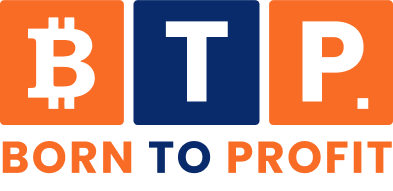Exploring Economic Forecasting Predicting Trends and Outcomes
Economic forecasting is a complex and crucial aspect of understanding and anticipating the state of the economy. By analyzing various factors such as consumer spending, employment rates, interest rates, and international trade, economists and financial analysts can make predictions about future trends and outcomes.
One of the key challenges in economic forecasting is the unpredictability of external factors, such as natural disasters, political events, and technological advancements. These factors can have a significant impact on the economy and make accurate forecasting difficult.
Despite these challenges, economists use a variety of methods and models to predict economic trends. These include statistical analysis, trend analysis, and economic indicators. By combining these methods with qualitative analysis and expert insight, economists can generate forecasts that inform businesses, policymakers, and investors.
Overall, economic forecasting is a valuable tool for individuals and organizations seeking to make informed decisions in an uncertain economic environment. By understanding the factors that influence the economy and using sophisticated forecasting techniques, individuals can better prepare for the future and capitalize on emerging opportunities.
